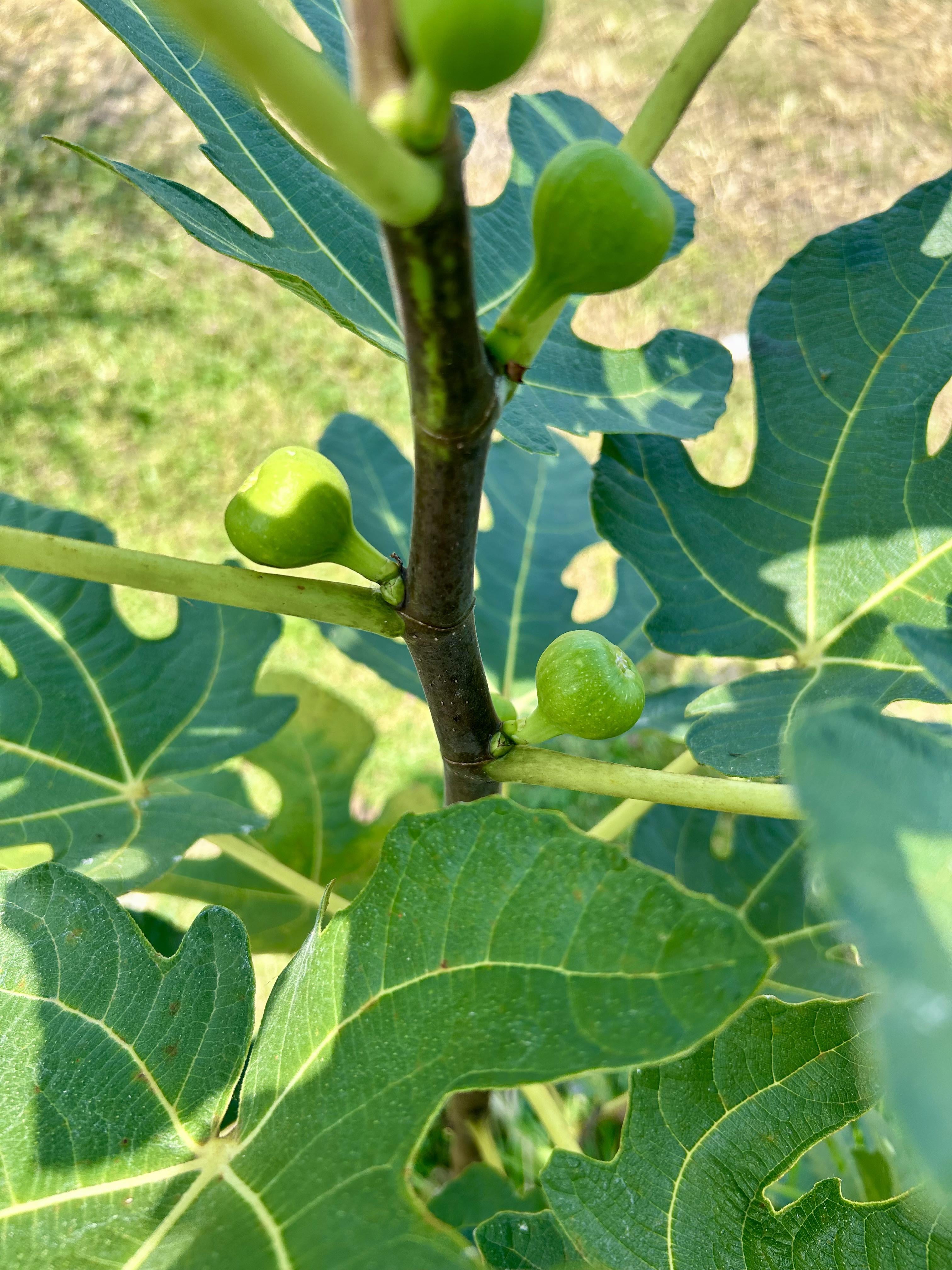[ad_1]

The fig tree is a unique plant that holds significance in various cultures and religions around the world. Known for its sweet and nutritious fruit, the fig tree has been cultivated for thousands of years for both its culinary and medicinal properties. It is also valued for its ornamental qualities, with its large, lobed leaves and twisting branches creating a striking visual presence in gardens and landscapes.
The fig tree holds symbolic importance in many traditions, often representing fertility, abundance, and prosperity. In ancient Greek mythology, the fig tree was associated with Dionysus, the god of wine and fertility, while in Christianity, the fig tree is mentioned in the Bible as a symbol of peace and prosperity.
Additionally, the fig tree has played a role in traditional medicine for centuries, with various parts of the plant used to treat a range of ailments, including digestive issues, skin conditions, and respiratory problems.
Overall, the fig tree is a versatile and culturally significant plant that continues to be valued for its fruit, ornamental beauty, and symbolic meanings in various societies around the world.
